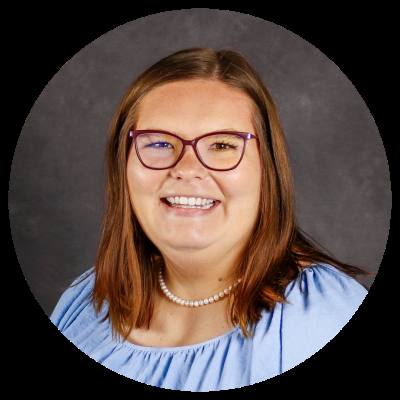Select Fort Bend ISD students may be eligible for virtual learning during the 2021-22 school year, according to initial planning conversations held during the March 29 board of trustees meeting.
“Our expectation is the vast majority of students will return face to face,” Deputy Superintendent Diana Sayavedra said. “However, we are still planning for a virtual option with an exceptions-based enrollment process.”
Online learning the 2021-22 school year would look different than it does currently with specific staff—including administrators and teachers—dedicated to working with students enrolled in the virtual school, Sayavedra said.
Initial budget projections presented by Sayavedra and FBISD Chief Financial Officer Bryan Guinn show the district has allocated $3.9 million for this virtual option, which includes 41 full-time employee salaries and operational costs.
The district is still drafting the specific eligibility criteria for the virtual school. FBISD Chief of Schools Joe Rodriguez said priority will be given to students with certain medical conditions, but Rodriquez said criteria will also screen for academic performance in the online environment.
“We know there are kids who flourish learning online,” trustee Dave Rosenthal said. “Now, it’s not for everybody—it's not for most of our kids—but there is a percentage of students who can use that, and I think should use that.”
Furthermore, Rodriguez said the district’s plan for a virtual school could be affected or even prevented by legislation pending in the Texas Legislature this session.
Several trustees said the board has talked previously about offering virtual learning for reasons other than the coronavirus pandemic.
Board President Addie Heyliger said while COVID-19 forced the district’s hand into offering online learning on a large scale, the district now has the opportunity to refine the program and lay a strong foundation for what virtual learning looks like moving forward.
“This is something that we don’t have to go all in on,” Superintendent Charles Dupre said. “We can have a very tight admissions process based on medical or other needs and start as small as possible and develop it over time.”





